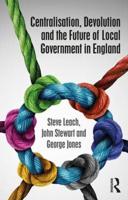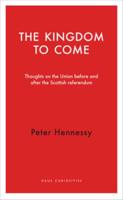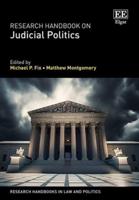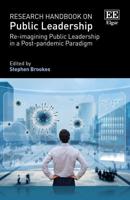Publisher's Synopsis
This book examines questions of change and inertia in the context of the longstanding grievances over excessive taxation in rural China. How can some changes be sustained, whilst others cannot? How can a longstanding administrative practice be changed or even terminated, especially when previous attempts at change have failed?
Using extensive interview data with local and central bureaucrats, Li's findings highlight the role of parallel developments and agency in the change process, as well as the prevalence of contingency and uncertainty. It also elegantly blends the narrative of the rural tax and administrative reforms with theoretical discussions to deepen our understanding of policy process and institutional change in 21st century China. Despite the authoritarian political system, the Chinese state-in-action which emerges from this book sees actions stemming from both the central and local levels, mediated by strategic design as well as contingency.
This book will be of interest to students and scholars of Chinese Studies, political science and policy and development studies.











